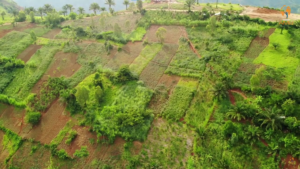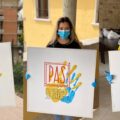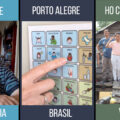
Workshop
“Aqua fons vitae”. Font of Living Water, Water For Burundi
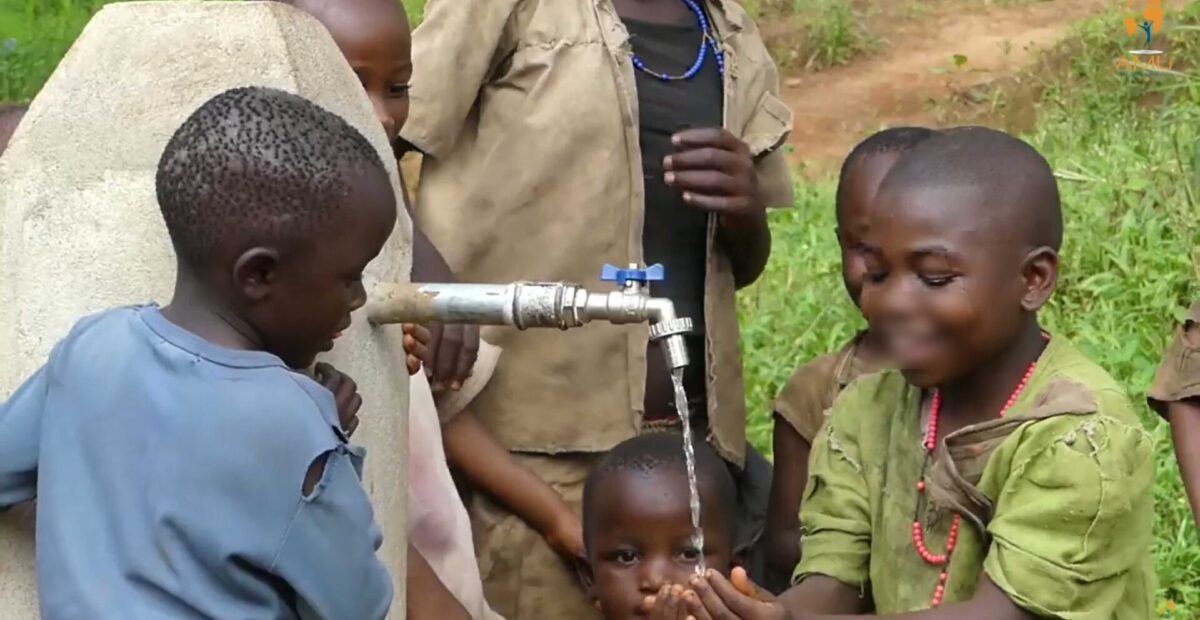
By Alessio Valente
Alessio Valente from New Humanity Ngo talks about a project in Burundi which provides access to safe drinking water and an opportunity to create human relationships “in a network of communion and belonging.”
Reading over the first pages of Laudato Si, in which Pope Francis places himself in front of the world that we all belong to, he highlights one particularly serious problem, “the quality of the water available for the poor.” (Laudato Si, 29) The difficulties and even conflicts that arise from this problem are like a powerful waterfall that has a profound effect on the life of the people. Hence, the suffering of those who are prevented from enjoying this natural resource, the oppression of those who are charged with managing it, and the water-related diseases, including those caused by microorganisms and chemical substances. . .
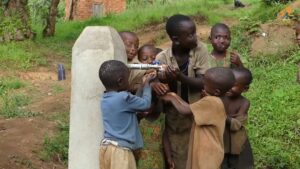
We seem to forget in the midst of all this that “access to safe drinkable water is a basic and universal human right, since it is essential to human survival and, as such, is a condition for the exercise of other human rights.” (Laudato Si, 30)
Urged on by these words and the conditions in which our brothers and sisters are living in certain regions of the world, we tried to act with more responsibility and awareness as we set out to effectively meet their needs. Therefore, it is not only a question of intervening to alleviate the suffering linked to the lack of water, but also of helping in the training and development of people who have been denied “the right to a life consistent with their inalienable dignity.” (Laudato Si, 30)
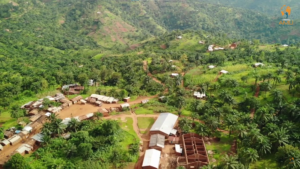
This is how it was for the people living in the villages of Rukanda, Burundi, in a situation on the African continent which Chiara Lubich would describe as a place “where peace has been wounded, the balance comprimised, human rights violated, development reduced to a faraway goal.” It was within this context, which places Burundi among the poorest countries in the world, that we listened to the requests from our brothers and sisters for help in providing safe drinking water through the Amazi Meza Project, which means “potable” and is promoted by the AMU-Azione per un Mondo Unito Onlus and supported by the New Humanity NGO.
It wasn’t a matter of sending down the technological and innovative solutions from on high, but rather of fully sharing with these communities the possibilities that emerged from the local environment. For the realization of the Amazi Meza Project, the financial contribution of the Italian Bishops Conference, the work of the local CASOBU Association and the voluntary participation of the local population were essential.
Specifically, some infrastructure has been constructed for drawing water and for improving hygiene, preventing the spread of disease and the pollution of the aquifer. However, the action was not limited to solving the problem from the purely technical standpoint, it also offered opportunities for growth based on the real needs of the people. Together we came to the realization that it would be helpful to provide management training in supporting the common good, which would be aimed at the direct beneficiaries of the project, and also at identifying individuals who could take care of the maintenance, breakdowns and other problems that are inherent to providing safe drinking water.
This experience empowered the people of Rukanda to take responsibility for a precious and indispensable natural resource. It multiplied human relationships and made everyone feel “part of a network of communion and belonging”. We passed from a life that was conditioned by difficult coexistence and an apparently hostile environment, to a more dignified life.
As this experience was taking place, the Holy See’s Dicastery For Promoting Integral Human Development published the document Aqua Fons Vitae (Font of Living Water), which offers some proposals regarding water, development, and the future of human life on earth.
Our experience of Amazi Meza fits in well with the appeals made by the document, therefore it has been included as an example of best practice for “feeling intimately united with all that exists.” (Laudato Si, 11)
